Klinische Epidemiologie der Krebsfrüherkennung
- Epidemiologie, Public Health, Prävention und Survivorship

Dr. Sigrid Carlsson
Abteilungsleiterin
Die Forschungsschwerpunkte der Abteilung liegen in den Bereichen Klinische Krebsepidemiologie, Epidemiologie chronischer Alterserkrankungen und Epidemiologische Methoden.
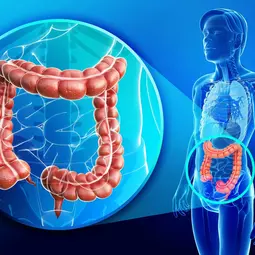
Unsere Forschung
Im Bereich der Klinischen Krebsepidemiologie führen wir große epidemiologische Studien zu Möglichkeiten der Verbesserung der Prävention und Früherkennung von Krebserkrankungen, sowie zur Medizinischen Versorgung, Prognose und Lebensqualität von Krebspatienten durch.
Weitere epidemiologische Studien befassen sich mit der Aufdeckung von Risikofaktoren, Risikomarkern und prognostischen Faktoren anderer, altersbedingter Krankheiten und Einschränkungen wie Herz-Kreislauferkrankungen, Diabetes mellitus, funktionalen Beeinträchtigungen, Multimorbidität und Gebrechlichkeit mit dem Ziel einer besseren Verhütung und Versorgung dieser häufigen chronischen Erkrankungen und Beeinträchtigungen im hohen Alter.
Die Studien werden ganz überwiegend in interdisziplinärer, zumeist internationaler Kooperation mit Krebsregistern, klinischen Partnern und Partnern aus den biologischen Grundlagenwissenschaften durchgeführt.
Die Abteilung führt die Studien nicht nur entsprechend dem neuesten Stand der epidemiologischen Methodik durch, sondern leistet selbst in großem Umfang Beiträge zur Weiterentwicklung epidemiologischer Methoden.
Unsere Projekte

Epidemiologische Studie zu Chancen der Verhütung, Früherkennung und optimierten Therapie chronischer Erkrankungen in der älteren Bevölkerung
(Studienleitung: Prof. Dr. Ben Schöttker)

Epidemiologische Studie zur Verhütung, Früherkennung, Therapie und Langzeitprognose von Darmkrebs
(Studienleitung: Prof. Dr. Michael Hoffmeister)
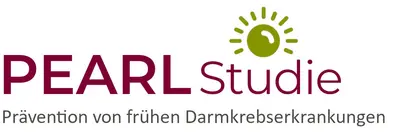
Die PEARL-Studie ist eine große, deutschlandweite Studie, die gezielt die Risikofaktoren von Darmkrebs in der Altersgruppe unter 50 Jahren untersucht.
Mit den Erkenntnissen aus dieser Studie sollen gemeinsam mit den weiteren Partnern des PEARL-Verbunds neue und effektive Strategien entwickelt werden, um Darmkrebs in der Altersgruppe von 18-49 Jahren zukünftig besser zu vermeiden.
(Studienleitung: Prof. Dr. Michael Hoffmeister)
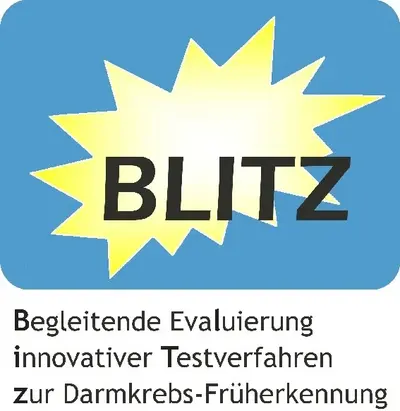
Begleitende Evaluierung innovativer Testverfahren zur Darmkrebs-Früherkennung.
im Rahmen der BLITZ-Studie soll der Nutzen neuer Stuhltests und auch neuer Bluttests für die Darmkrebs-Früherkennung bewerten werden. So konnte beispielsweise mithilfe der Ergebnisse der BLITZ-Studie bereits gezeigt werden, dass immunologische Stuhlbluttests den zuvor eingesetzten Stuhltests (Guajak-basierte Stuhlbluttests) überlegen sind.
(Studienleitung: Prof. Dr. Michael Hoffmeister)

Tattoo inK sieht eine ausführliche Erhebung der Tattooexposition auf Bevölkerungsniveau vor, um potentielle tattoo-bedingte Gesundheitsrisiken, insbesondere das Lymphdrüsen- und Hautkrebsrisiko, unter Verwendung von großen Bevölkerungskohorten abschätzen zu können.
(Studienleitung: Dr. Lena Koch-Gallenkamp)
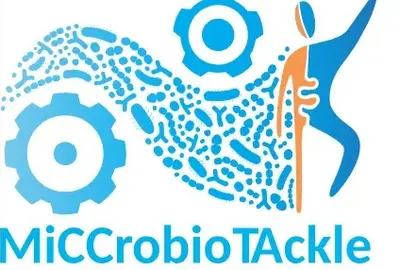
Advancing Research at the Intersection Between Gut Microbiota and Cancer Cachexia to Train Europe’s Future Leaders in Microbiota Medicine
(Studienleitung: Prof. Dr. Michael Hoffmeister)

Begleitende Evaluierungsstudie zur Effektivität der Früherkennungskoloskopie
(Studienleitung: Prof. Dr. Michael Hoffmeister)
RAPS ist eine großangelegte wissenschaftliche Studie des Deutschen Krebsforschungszentrums in Heidelberg (DKFZ) zur Untersuchung der Rolle einer familiären Vorgeschichte von Darmkrebs und steht für "Risiko-adaptierte Präventions-Strategien für Darmkrebs". Die Studie wurde bundesweit in Zusammenarbeit mit Projektpartnern in Dresden, München und Stuttgart durchgeführt.

Personalisierte Vitamin-D-Supplementation zur Reduzierung oder Prävention von Fatique und zur Verbesserung der Lebensqualität bei Patienten mit Darmkrebs: Randomisierte Interventionsstudie.

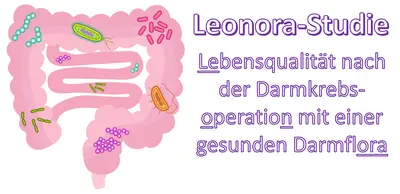
Lebensqualität nach der Darmkrebsoperation mit einer gesunden Darmflora
(Studienleitung: Prof. Dr. Ben Schöttker)

Das DKFZ betreibt zusammen mit dem Saarländischen Ministerium für Arbeit, Soziales, Frauen und Gesundheit das Studienzentrum Saarbrücken der NAKO Gesundhietsstudie (PI: Prof. Hermann Brenner/ Prof, Ute Mons, CO-PI: PD Bernd Holleczek).
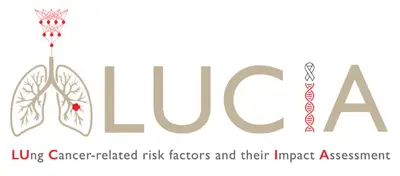
Lung Cancer-related risk factors and their Impact Assessment
(Studienleitung: Prof. Dr. Ben Schöttker)
In MOCCA werden gender-spezifische Unterschiede der Darmkrebsvorsorge untersucht
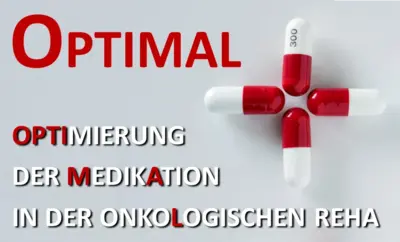
Optimierung der Medikation in der onkologischen Reha
(Studienleitung: Prof. Dr. Ben Schöttker)
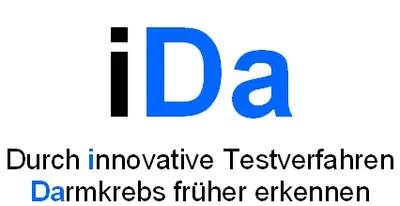
Durch innovative Testverfahren Darmkrebs früher erkennen
(Studienleitung: Prof. Dr. Michael Hoffmeister)
Ausgewählte Publikationen
Brenner H, Heisser T, Cardoso R, Hoffmeister M
Cardoso R, Guo F, Heisser T, ..., Ryzhov A, Hoffmeister M, Brenner H.
Heisser T, Peng L, Weigl K, Hoffmeister M, Brenner H.
Brenner H, Calderazzo S, Seufferlein T, Ludwig L, Dikopoulos N, Mangold J, Böck W, Stolz T, Eisenbach T, Block T, Kopp-Schneider A, Czock D, Tikk K.
Forschungspreise
2025
H. Brenner, M. Hoffmeister, T. Heißer, I. Ola, D. Sergeev, T. Seum, Darmkrebs-Präventionspreis der Stiftung Lebensblicke
Downloads
Auf dieser Seite stellen wir Ressourcen zum Download zur Verfügung, die durch Mitarbeiter*innen unserer Abteilung entwickelt wurden bzw. auf die wir in Publikationen verweisen.
Kontaktieren Sie uns

Evelyn Nizik
SekretariatPostanschrift:

